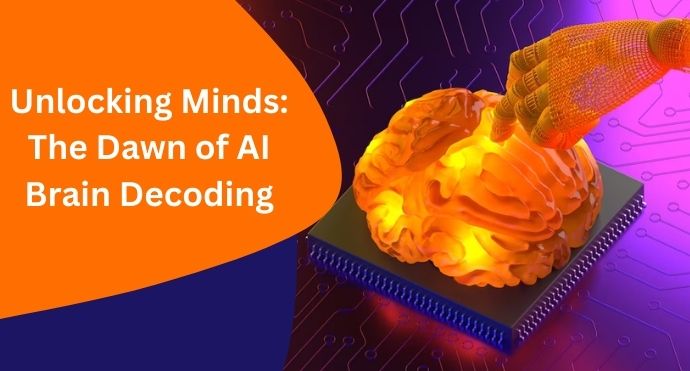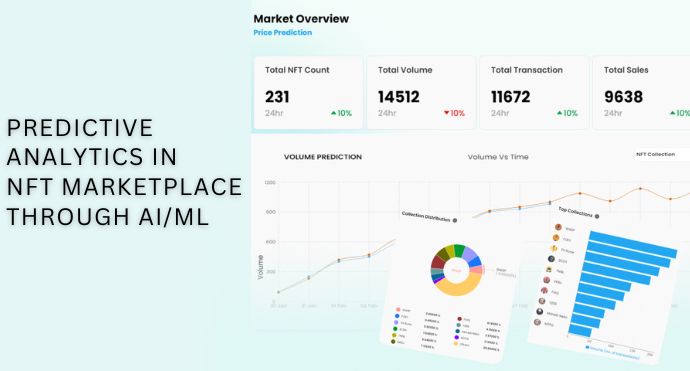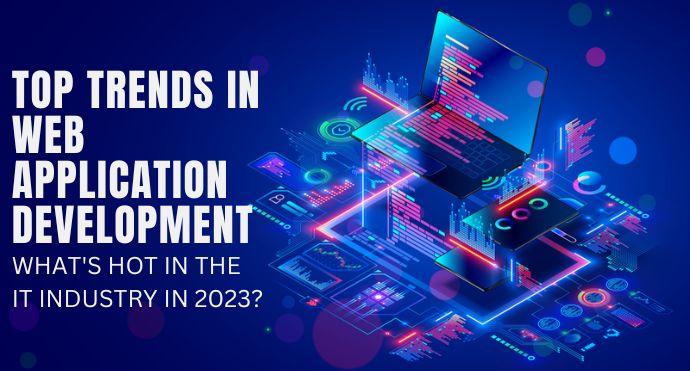In the modern era, technological marvels emerge almost daily. Yet, few advancements are as tantalizing and potentially groundbreaking as the newest brain-computer interface (BCI) developed in Singapore. Imagine a device capable of ‘reading’ your brain’s visual perceptions and recreating them as images. That’s not science fiction—it’s MinD-Vis, a technological prodigy birthed from the amalgamation of neuroscience and artificial intelligence.
Translating Thoughts to Pixels
At the heart of this revolution are researchers in Singapore who’ve designed MinD-Vis, an AI capable of deciphering brain wave patterns. By scrutinizing brain scans obtained via MRI, MinD-Vis pairs these patterns with corresponding images to curate an individual AI model for each participant. This model then enables the system to “re-envision” the visuals the participant observes.
One might draw parallels between this innovation and how we, humans, understand different languages. PhD student Jiaxin Qing, from The Chinese University of Hong Kong, likens MinD-Vis’s brain activity comprehension to how AI platforms (like ChatGPT) grasp human languages. The brilliance lies in translating these brain activities into a ‘language’ that another AI, the Stable Diffusion—which is adept at producing images from textual data—can interpret.
Limitless Potential
The implications of such a technology are far-reaching. One immediate application lies in medical rehabilitation. Chen Zijiao from the National University of Singapore’s School of Medicine paints a vivid picture: patients deprived of motor abilities could control robotic limbs using their thoughts, circumventing traditional control mechanisms.
Moreover, envision a world where physical controllers for virtual reality are obsolete, replaced by the sheer power of our thoughts. This isn’t just a whimsical dream. With MinD-Vis, the integration into VR headsets, allowing users to navigate virtual realms with their minds, is on the horizon. As participant Li Ruilin puts it, this kind of brain decoding ushers in a fresh perspective on how we understand and explore our internal cognitive processes.
Challenges Ahead
Yet, every groundbreaking advancement faces its share of challenges. The very essence of MinD-Vis’s marvel—its ability to “read” the human mind—draws from the growing ease of procuring MRI datasets and the surge in computational power. But can this AI interpret the complexities of diverse individual brain patterns universally? The heterogeneity of human brain anatomy and function is profound, making this task daunting.
Juan Helen Zhou, an associate professor at the National University of Singapore, underscores this challenge, highlighting the “huge heterogeneity or inter-individual differences in our brain anatomy as well as brain function.” Although the research team is exploring the potential of broad public applications, the unique variances in each individual’s brain make it an uphill task.
Ethics in the AI Age
Besides the technical barriers, ethical concerns loom large. As with any data-driven technology, the risk of misuse is omnipresent. The idea that datasets learned from AI like MinD-Vis could be shared without consent is, rightfully, alarming. Given the intimate nature of the data—literal visualizations of one’s thoughts—the potential for invasion of privacy is unprecedented.
Zhou touches upon these concerns, stressing the need for “very strict guidelines, ethical and law” to protect individual privacy. It serves as a stark reminder that as we push the boundaries of what’s technologically possible, the ethical framework supporting these advances must evolve in tandem.
Conclusion:
MinD-Vis epitomizes the convergence of human intellect and technological prowess. As we stand on the precipice of a new era, where our thoughts might not remain just ours, the exhilaration is palpable. But it’s accompanied by pertinent questions about privacy, ethics, and the very essence of individuality. As we delve deeper into the mysteries of the human mind with tools like MinD-Vis, we must tread with both wonder and caution. For in unlocking the secrets of our brains, we might just be unlocking a new chapter in human evolution.



